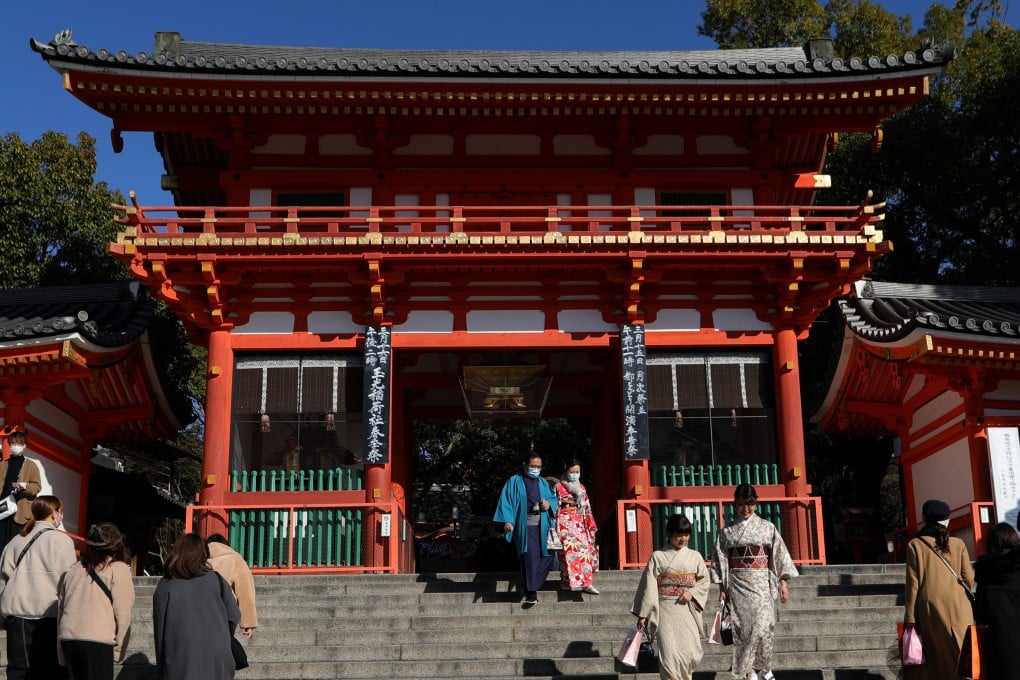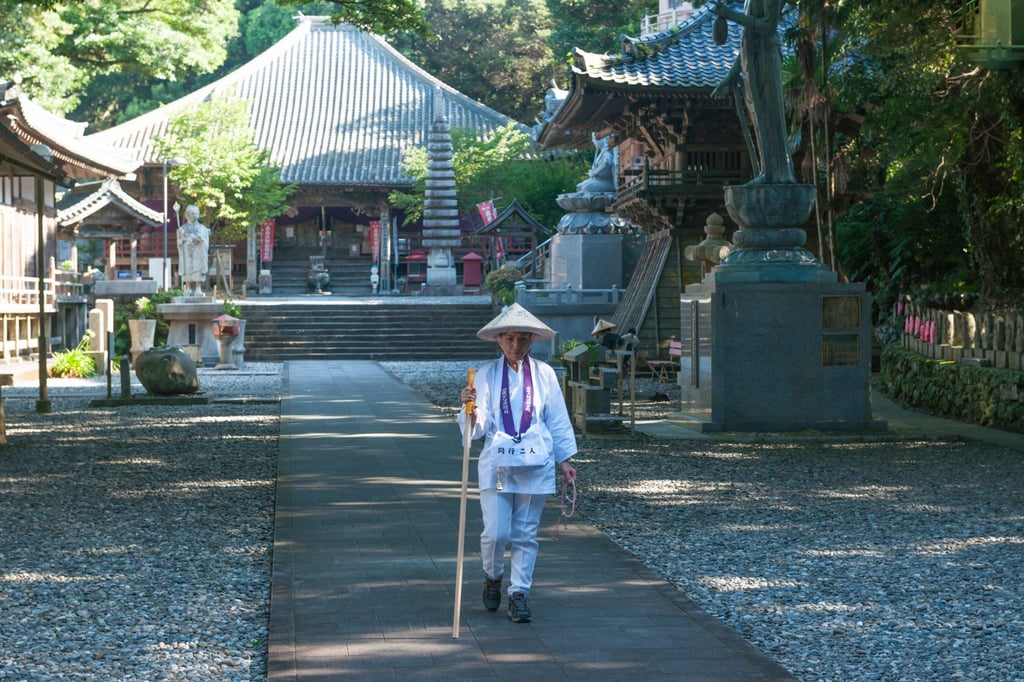Japanese flock to restaurants and country’s holiday hotspots as they learn to live with rising Covid-19 infections
- Domestic travel is booming in Japan as people enjoy a restriction-free summer, flocking to tourism hotspots and snapping up hard-to-get restaurant reservations
- The spread of Covid variants does not seem to be dampening enthusiasm – a sign that one of the countries most cautious about reopening is ready to move on

Japanese people are flocking to the country’s holiday hotspots and snapping up normally hard-to-get restaurant reservations even as Covid-19 infections surge to a record. It is a sign that one of the slowest major economies to fully reopen is adjusting to life with the virus.
Most residents are shaking off concerns about the current wave of virus cases, with travel agencies HIS and JTB reporting no obvious rise in cancellations. Nippon Travel Agency says any spots that become available are quickly booked.
The spread of highly contagious virus variants does not seem to be dampening enthusiasm so far, even with the seven-day rolling average in new infections reaching 1,628 per million people, the highest among the Group of 7 most developed nations.
